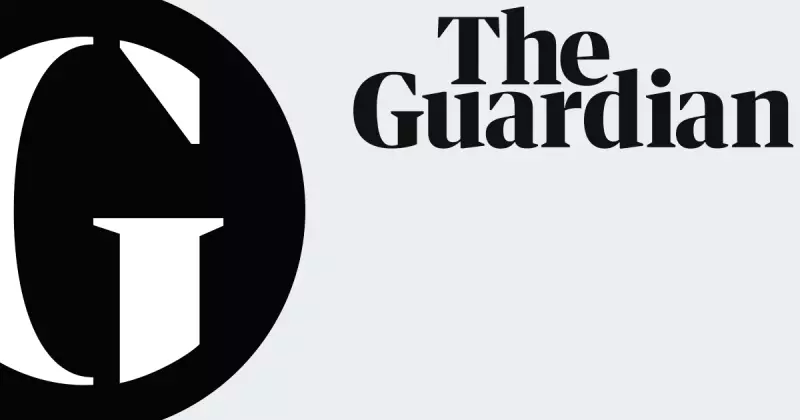
Australian households are feeling the pinch as new figures reveal how inflation has dramatically increased the cost of everyday essentials. The latest data from the March quarter shows significant price hikes across multiple sectors, putting unprecedented pressure on family budgets.
Where Prices Are Rising Fastest
The most dramatic increases have been seen in:
- Food and groceries: Staples like bread, dairy and fresh produce continue to climb
- Utilities: Electricity and gas bills show no signs of slowing their upward trajectory
- Housing costs: Both rents and mortgage repayments remain at historic highs
Sector-by-Sector Breakdown
While some categories saw modest increases, others experienced double-digit growth year-on-year. The transport sector, particularly fuel prices, showed some relief after last year's peaks, but remains significantly higher than pre-pandemic levels.
The Human Impact
Economists warn these sustained price increases are forcing families to make difficult choices between essentials. Many households report cutting back on discretionary spending, while others are dipping into savings to cover basic living costs.
What's Driving the Increases?
Multiple factors contribute to Australia's inflation crisis:
- Global supply chain disruptions
- Rising energy costs worldwide
- Domestic wage pressures
- Increased production costs for farmers and manufacturers
While the Reserve Bank's interest rate hikes aim to curb inflation, many Australians won't feel relief until later in 2023 at the earliest.





